

News
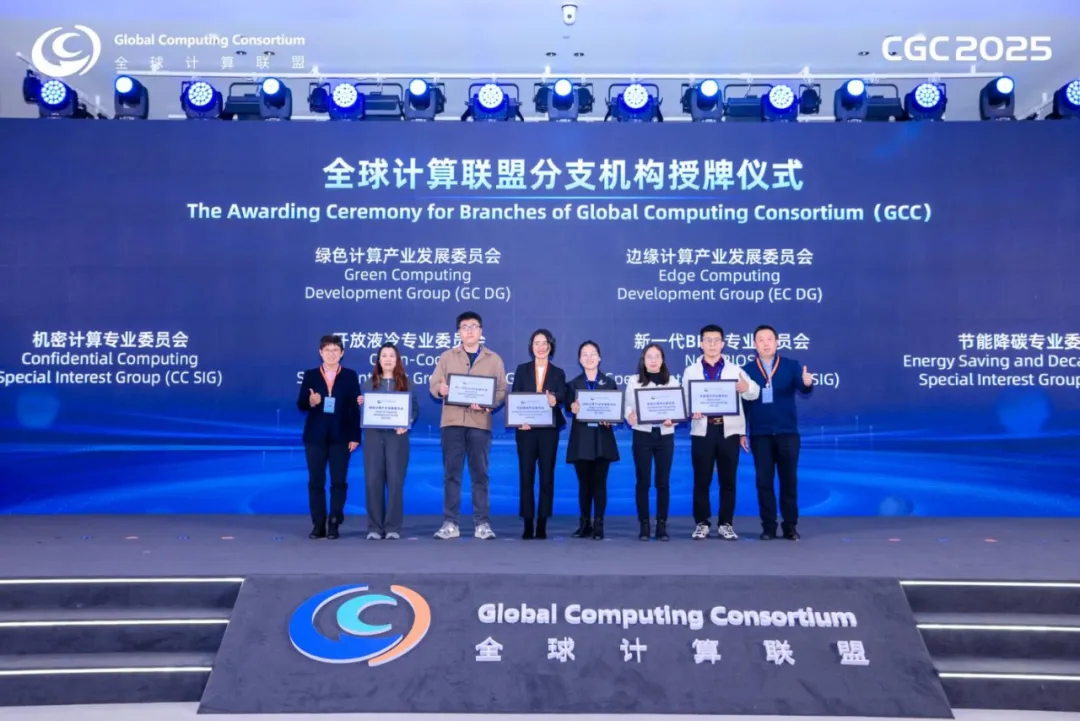
Awarding ceremony
On January 10, 2025, the 2025 Computing Global Conference — GCC Debut hosted by the Global Computing Consortium (GCC) was held in Shenzhen. At the conference, the highly anticipated GCC branch awarding ceremony took place, setting a new milestone in the development of the global computing industry.
Based on the current organizational structure of GCC, the alliance has established the Development Groups (DGs) and Special Interest Groups (SIGs). These DGs formulate industry strategies for scenarios (such as cloud-edge-device), promote common practices, and coordinate branches to implement industry strategies. The SIGs are responsible for innovation technology and standards-related work, including building technical consensus, formulating standards, open-source development, testing and certification, and industry promotion. Currently, GCC has six major branches.
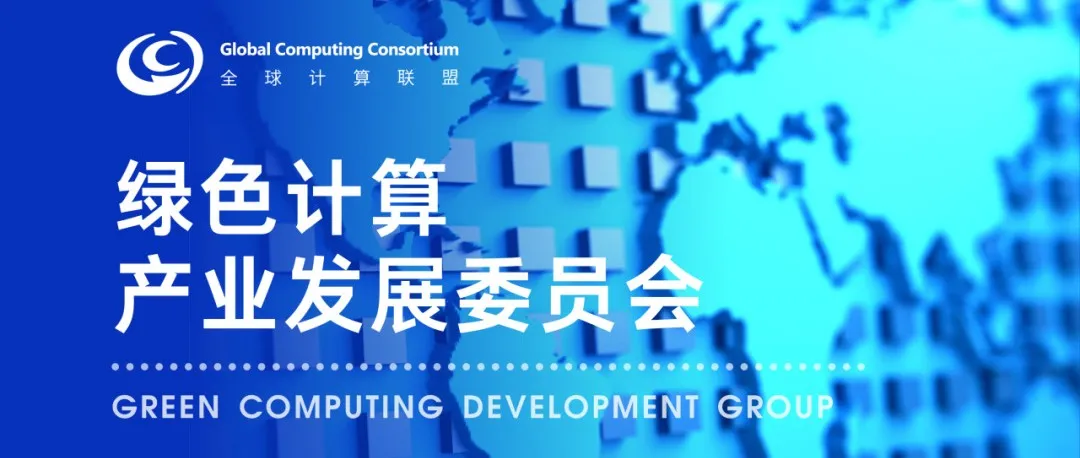
Green Computing Development Group (GC DG): Building on the deep foundation of the Green Computing Industry Alliance, the group will improve the technical system and framework and promote the green computing industry ecosystem. The group will focus on various aspects such as technical architecture, standard setting, product development, and market promotion to drive the computing industry towards a green, efficient, and sustainable future.
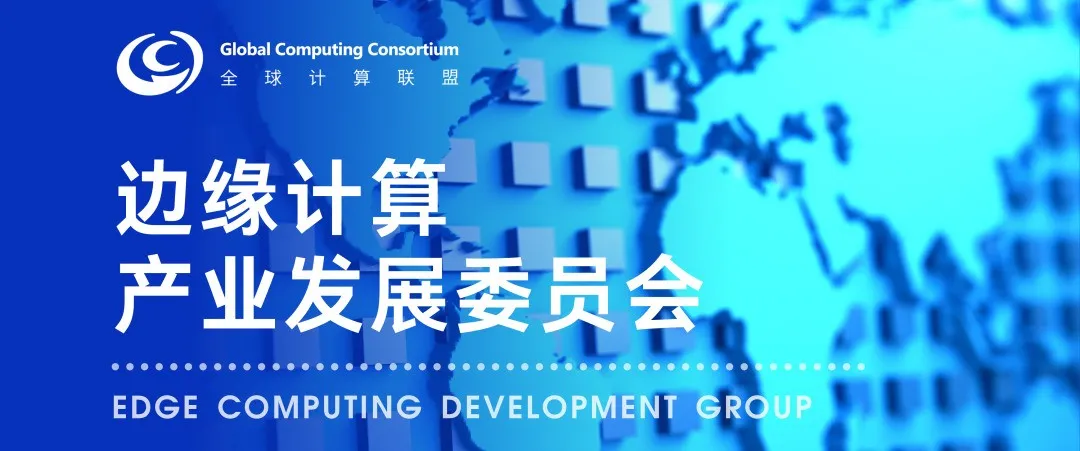
Edge Computing Development Group (EC DG): As a core capability foundation for the digital transformation of the industry, edge computing spans multiple fields and involves numerous industry chains. This group focuses on edge AI, aiming to promote the enablement and practical implementation of edge AI in industries, facilitating deep industry collaboration. By analyzing industry application scenarios, coordinating standard systems, developing open-source platform ecosystems, building testing platforms, and promoting international development, the group will accelerate the digital innovation and application implementation of edge computing in various industries.

Confidential Computing Special Interest Group (CC SIG): As multiple technical routes exist in the confidential computing market, this group aims to guide the industry direction, define the technical evolution path, build a unified technical system and standards, develop an industry ecosystem to enhance the compatibility and usability of the industry chain, promote commercial applications and create an authoritative evaluation and certification system, and expand the international influence in the development of international standards and technical routes.
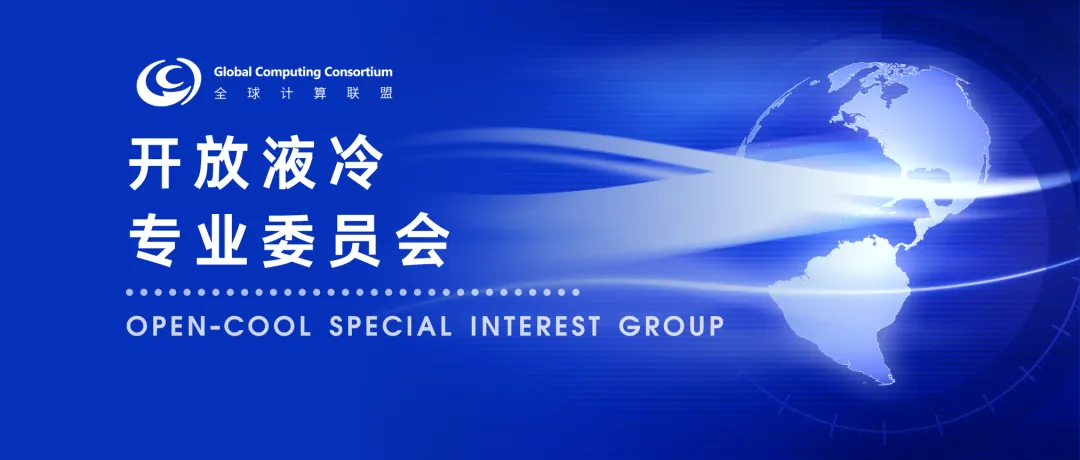
Open-Cool Special Interest Group (OC SIG): With the advancement of carbon neutrality and carbon peak, along with the growing demand for computing power in data centers, heat dissipation has become a key issue. OC SIG will address issues such as the lack of unified standards among diversified liquid cooling technologies and products. It will carry out standard research and formulation, industry promotion, testing, and certification, covering various fields including liquid cooling rooms, integrated cabinets, and servers, to help data centers go green.
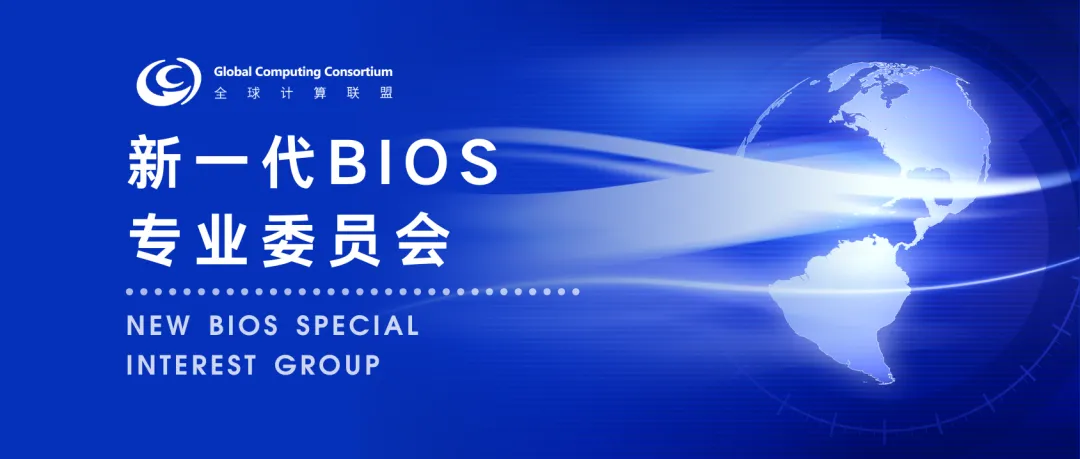
New BIOS Special Interest Group (BIOS SIG): As the computing architecture evolves due to the development of chip technology, to address the BIOS specifications changes as well as the industry's demand for reduced complexity and higher efficiency of BIOS development, this SIG is committed to developing BIOS technology standards with unified interfaces and software architecture, and promoting the evolution of BIOS technology.
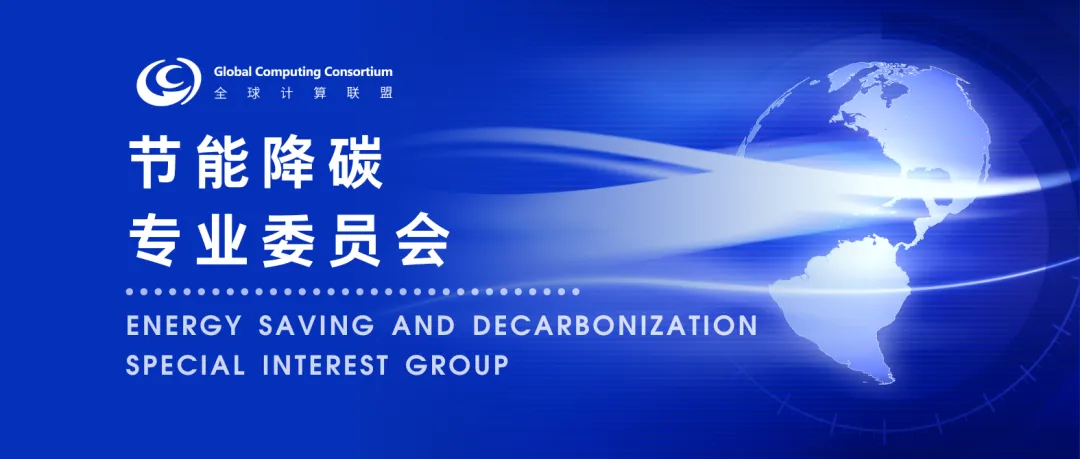
Energy Saving and Decarbonization Special Interest Group (ESD SIG): Focusing on theenergy consumption and carbon emissions of computing infrastructure in the digital economy, ESD SIG will promote the green and low-carbon development of the global computing infrastructure industry by developing group standards, assessment tools, and green transformation solutions for key industries.
These six branches have officially set sail. In the future, they will collaborate closely to drive the global computing industry forward. This awarding ceremony not only provides a platform for demonstration and communication between branches, but also injects new vitality into the development of the global computing industry. GCC sincerely welcomes partners around the globe to join us and create a better future for the computing industry.